AI the most critical technology for CIOs over the next five years
60% of CIOs believe artificial intelligence and machine learning are the top critical future technologies
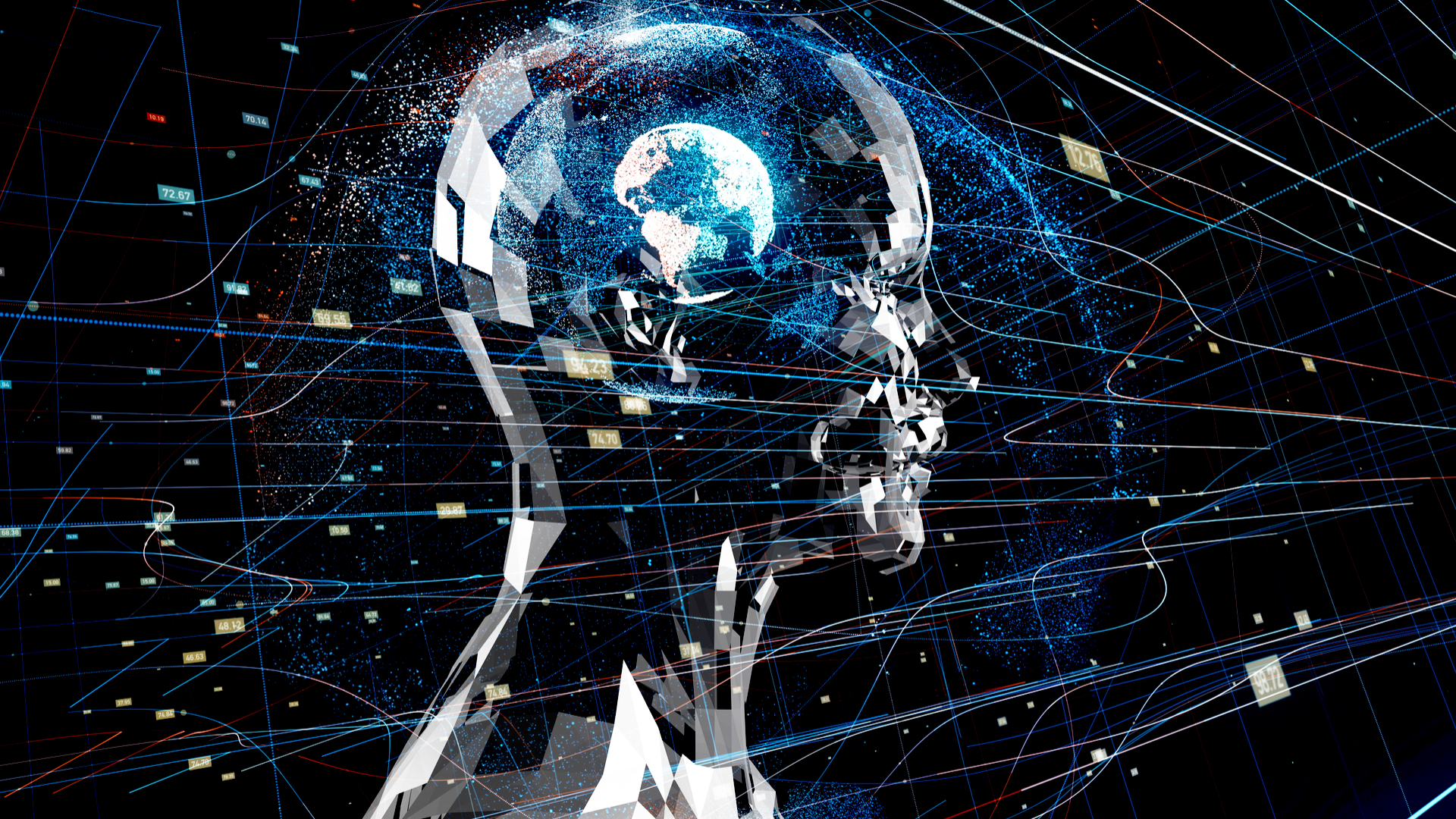

Almost two-thirds of CIOs see artificial intelligence (AI) and machine learning technologies as being very important or critical to their businesses over the next five years, according to a report from Forbes, in association with VMWare.
The report, which surveyed over 650 CIOs from around the world, explored how CIOs and IT leaders see their role within the business evolving over the next five years, from the types of technology they will be bringing in, to how they plan to drive social responsibility.
AI and machine learning were seen as the top two critical future technologies at 62% and 60% respectively, ahead of the Internet of Things (IoT), edge computing and blockchain, which came in at just 54%.
AI applications may be in their infancy, but almost half of organisations around the world are using at least one AI-powered function in their business. It's seen as a technology which will have a huge impact on companies' bottom lines as IT leaders grow more confident in their use of it.
"You need to have a plan of attack for AI and machine learning," said David Gledhill, CIO and group head of technology at DBS Bank in the report. "If you let it just evolve, it can be very dangerous."
DBS Bank has implemented 280 AI technologies over the past year, ranging from credit analytics to customer service chatbots. Developing strong data governance policies, cleansing the data, and working hard to avoid model bias when laying the foundations for AI adoption are crucial to success, according to Gledhill.
But among all the hype around AI's potential for businesses, CIOs are also concerned about the impact these technologies will have on employees in the future.
Get the ITPro daily newsletter
Sign up today and you will receive a free copy of our Future Focus 2025 report - the leading guidance on AI, cybersecurity and other IT challenges as per 700+ senior executives
It is usually the repeatable tasks and transactions which are the first to have AI or machine learning applied to them, and this can be a challenge for the staff who used to perform these tasks. "Suddenly people are doing less work, and the work they are doing is harder," Carlsberg VP of Technology Sarah Haywood explains in the report. "They're faced with complex issues that need human interaction to resolve."
So alongside implementing these technologies, business leaders are also faced with the task of engineering the company for new skill sets, including upskilling existing workers and anticipating which skills will be needed to keep up with rapidly-evolving IT needs.
Esther is a freelance media analyst, podcaster, and one-third of Media Voices. She has previously worked as a content marketing lead for Dennis Publishing and the Media Briefing. She writes frequently on topics such as subscriptions and tech developments for industry sites such as Digital Content Next and What’s New in Publishing. She is co-founder of the Publisher Podcast Awards and Publisher Podcast Summit; the first conference and awards dedicated to celebrating and elevating publisher podcasts.
-
 Should AI PCs be part of your next hardware refresh?
Should AI PCs be part of your next hardware refresh?AI PCs are fast becoming a business staple and a surefire way to future-proof your business
By Bobby Hellard Published
-
 Westcon-Comstor and Vectra AI launch brace of new channel initiatives
Westcon-Comstor and Vectra AI launch brace of new channel initiativesNews Westcon-Comstor and Vectra AI have announced the launch of two new channel growth initiatives focused on the managed security service provider (MSSP) space and AWS Marketplace.
By Daniel Todd Published
-
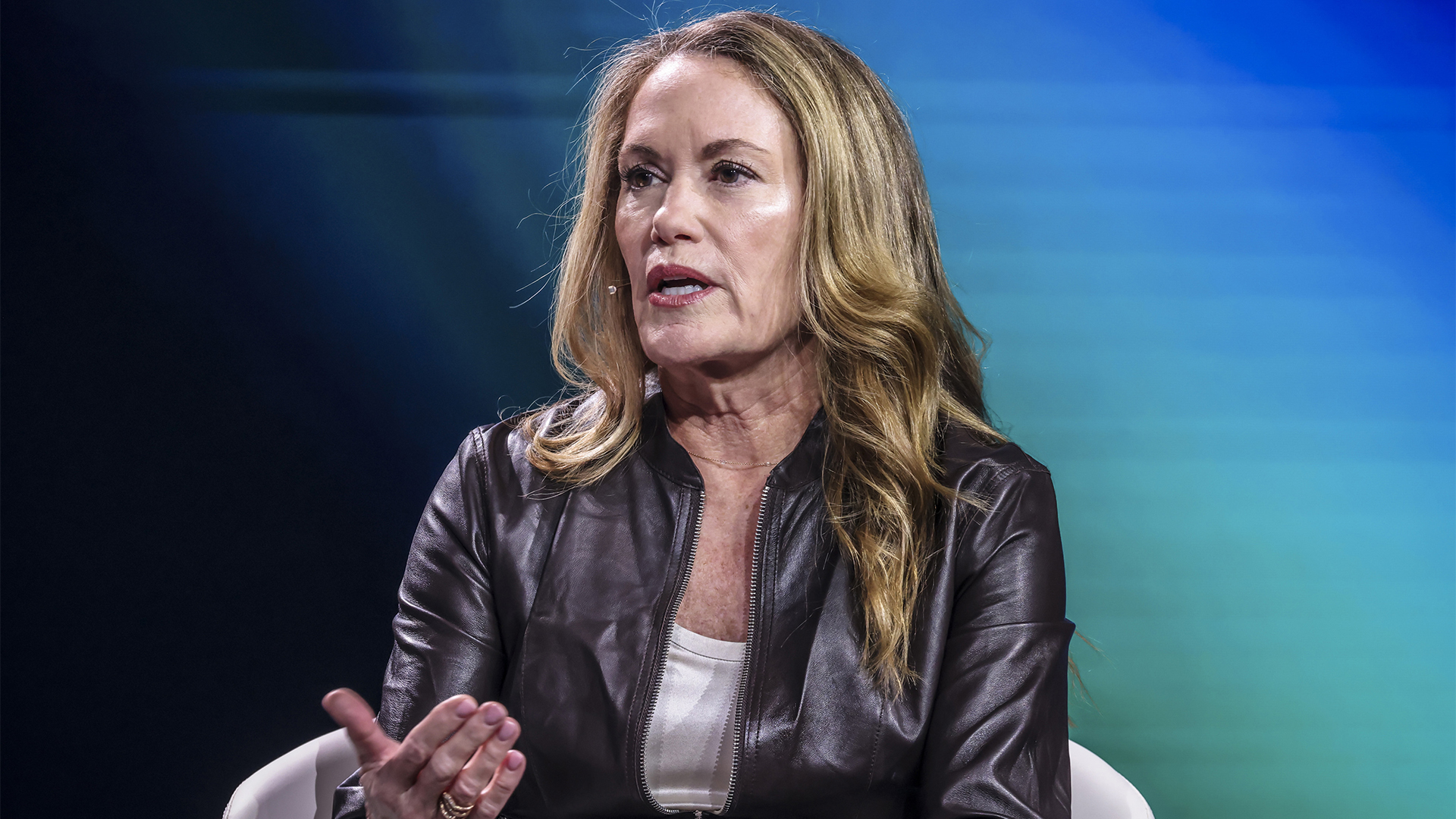 Can robots work safely alongside humans? This one industry leader thinks we're not far away
Can robots work safely alongside humans? This one industry leader thinks we're not far awayNews Humanoid robots and people will be able to work truly side-by-side this year, according to the CEO of one leading robotics company.
By Nicole Kobie Published
-
 The power of AI & automation: Proactive IT
The power of AI & automation: Proactive ITWhitepaper Automation strategies to dynamically and continuously assure cost-effective application performance
By ITPro Published
-
 Magic Quadrant for enterprise conversational AI platforms
Magic Quadrant for enterprise conversational AI platformsWhitepaper An evaluation of the conversational AI platform (chatbot) market
By ITPro Last updated
-
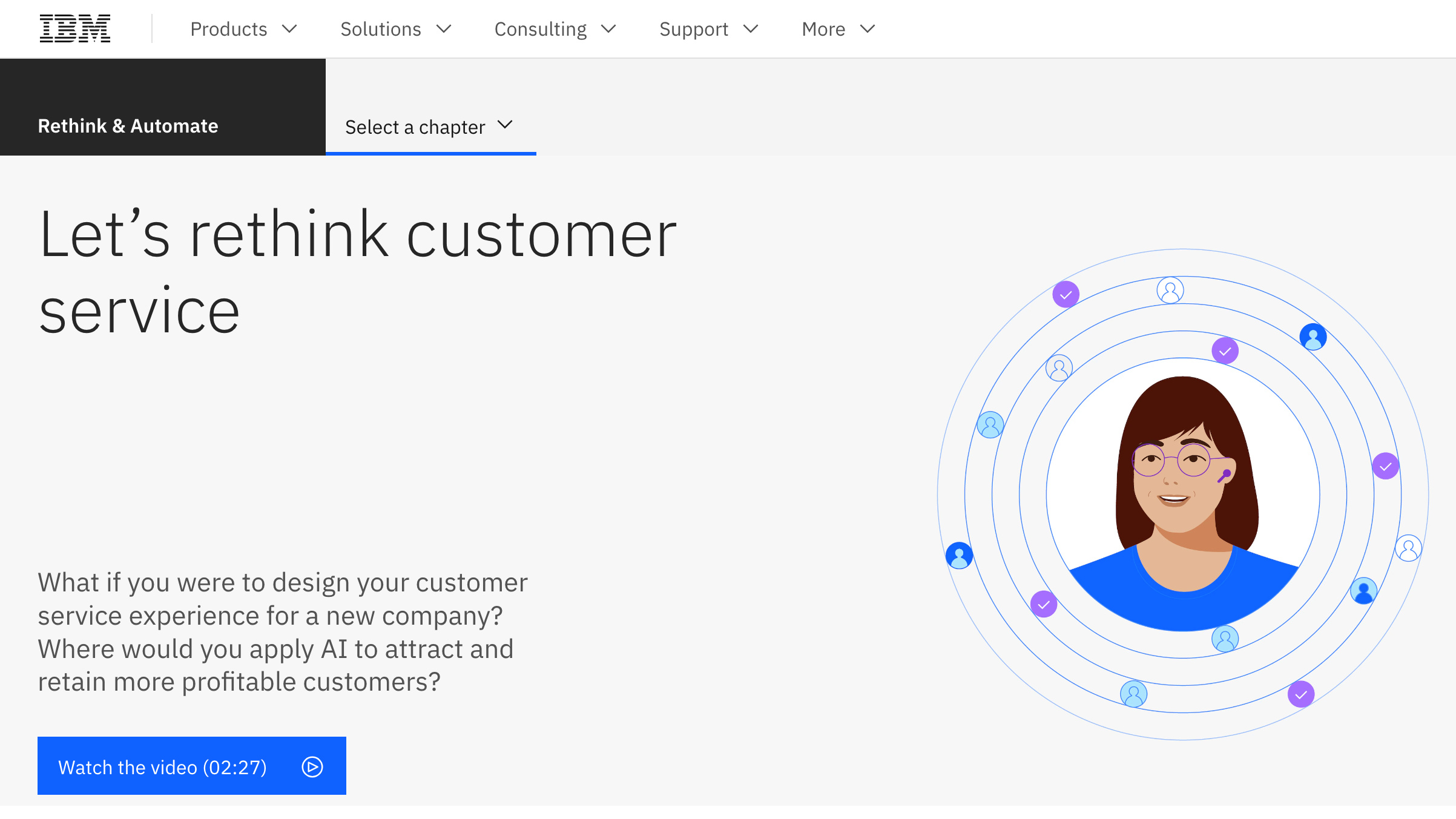 Let's rethink customer service
Let's rethink customer servicewhitepaper Discover new ways to improve your customer service process
By ITPro Published
-
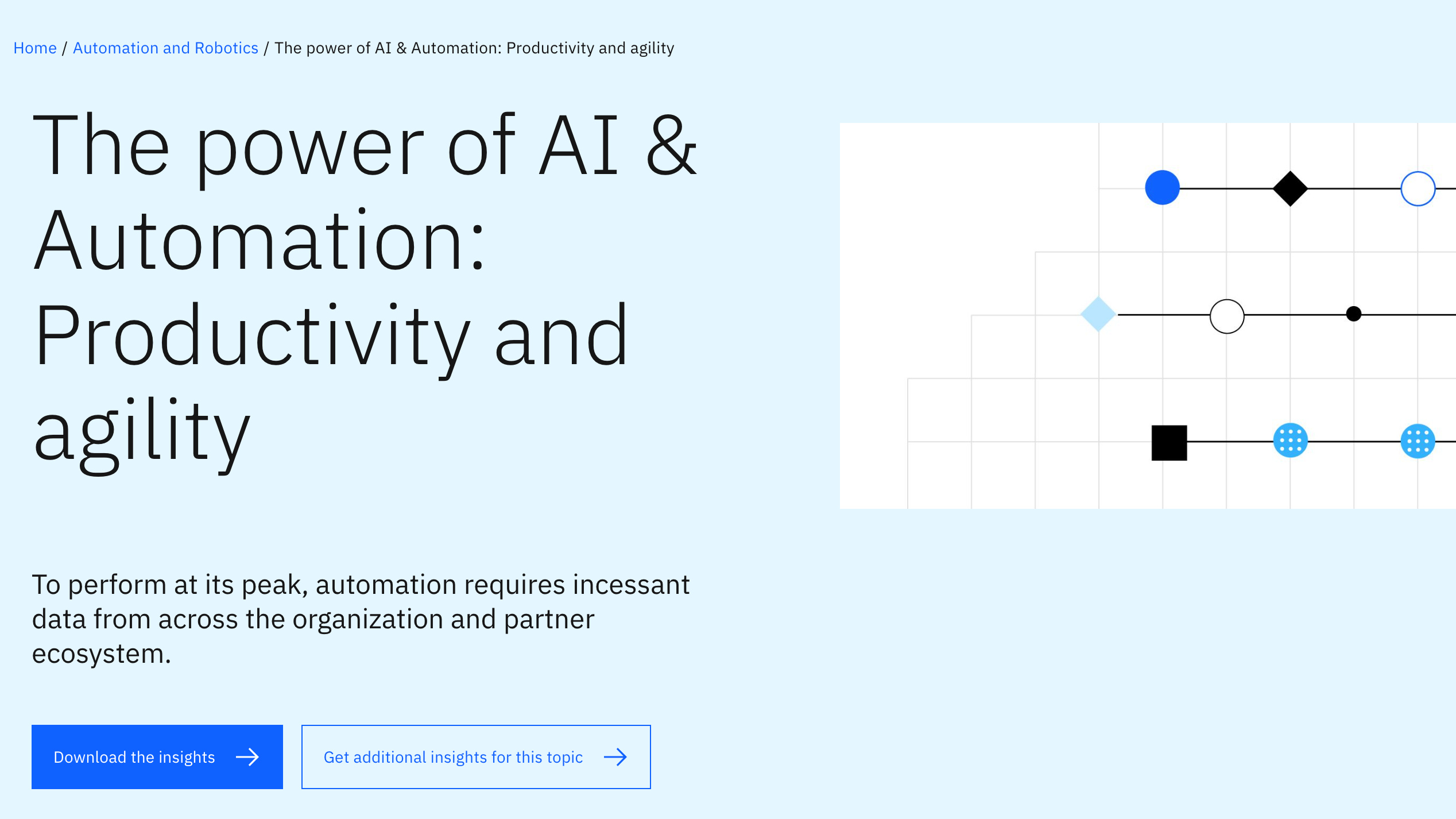 The power of AI & automation: Productivity and agility
The power of AI & automation: Productivity and agilitywhitepaper To perform at its peak, automation requires incessant data from across the organization and partner ecosystem
By ITPro Published
-
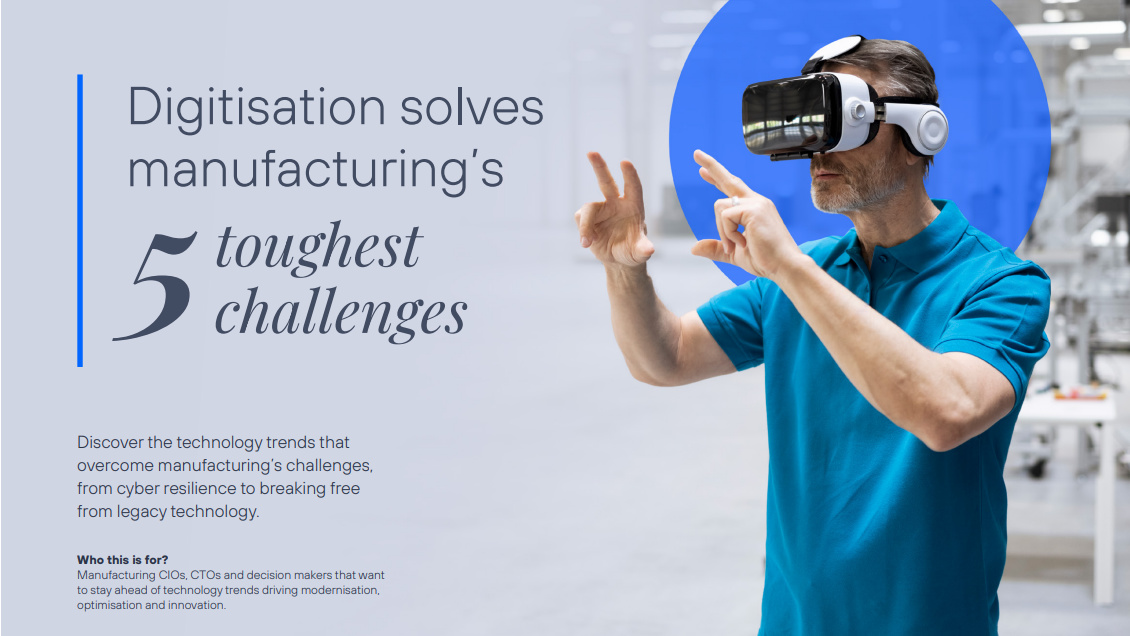 Digitization solves manufacturing’s five toughest challenges
Digitization solves manufacturing’s five toughest challengesWhitepaper Discover the technology trends that overcome manufacturing’s challenges, from cyber resilience to breaking free from legacy technology
By ITPro Published
-
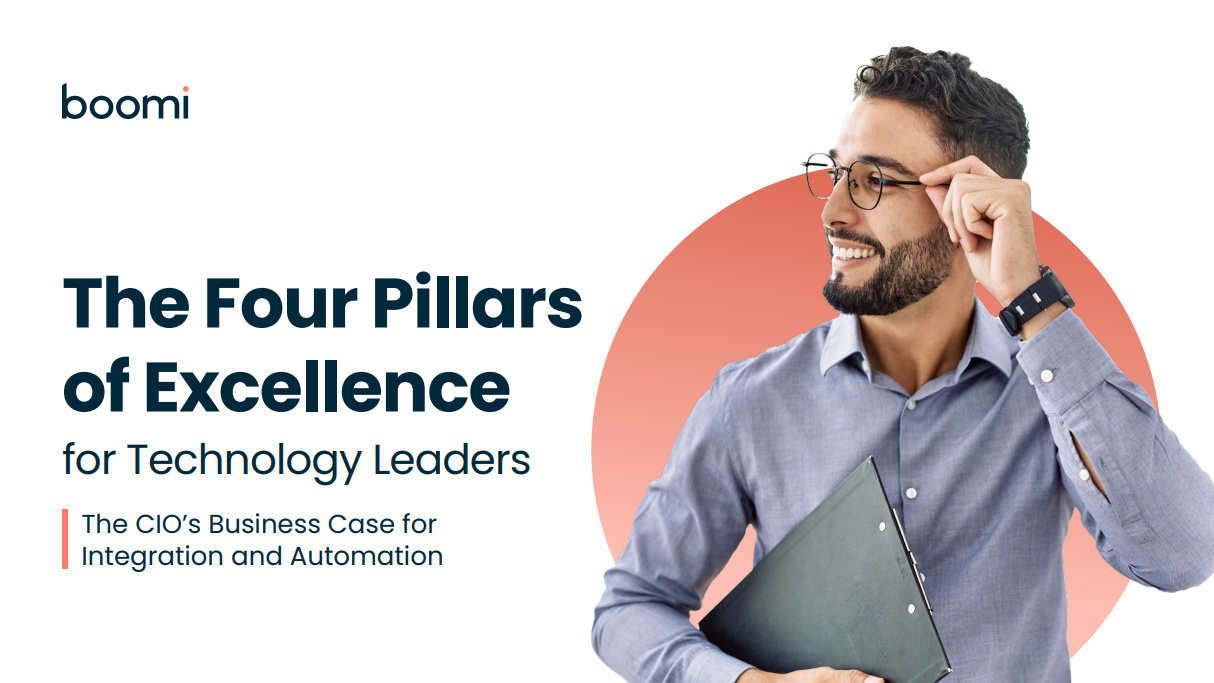 The four pillars of excellence for technology leaders
The four pillars of excellence for technology leaderswhitepaper Download this CIOs business case for integration and automation
By ITPro Published
-
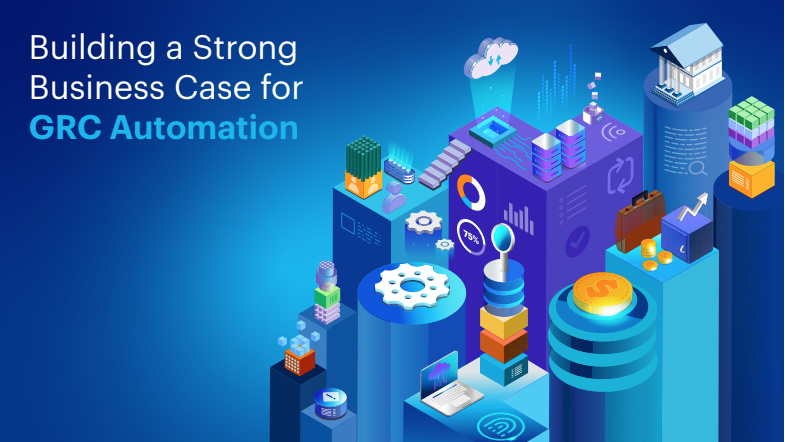 Building a strong business case for GRC automation
Building a strong business case for GRC automationwhitepaper Successfully implement an innovative governance, risk & compliance management platform
By ITPro Published